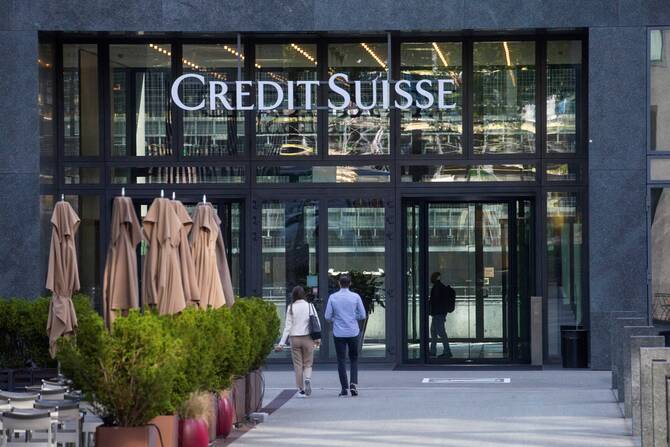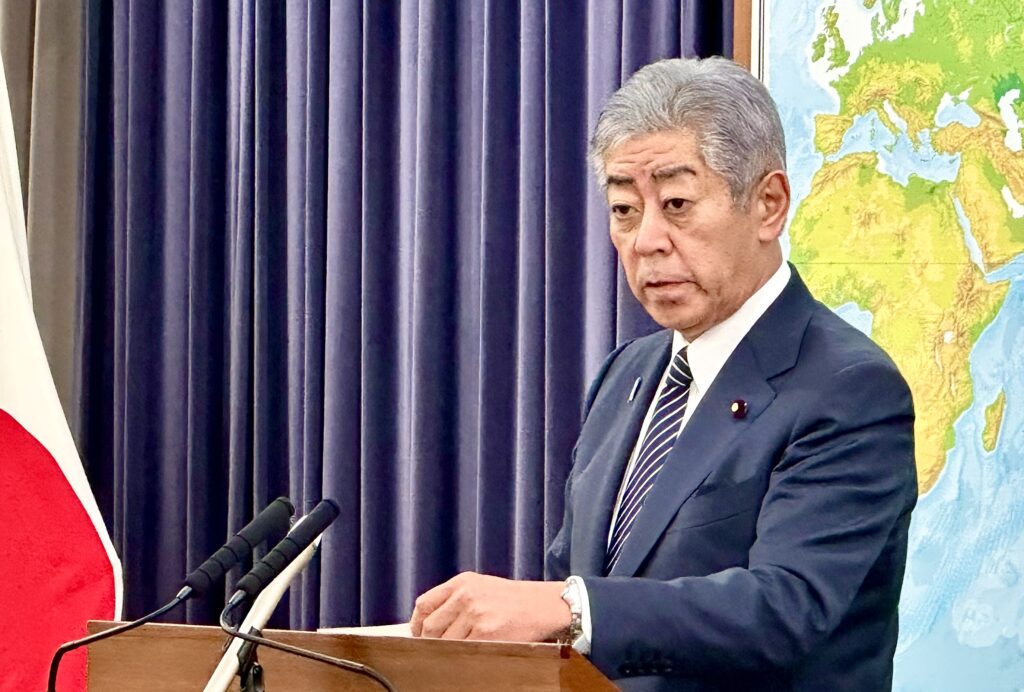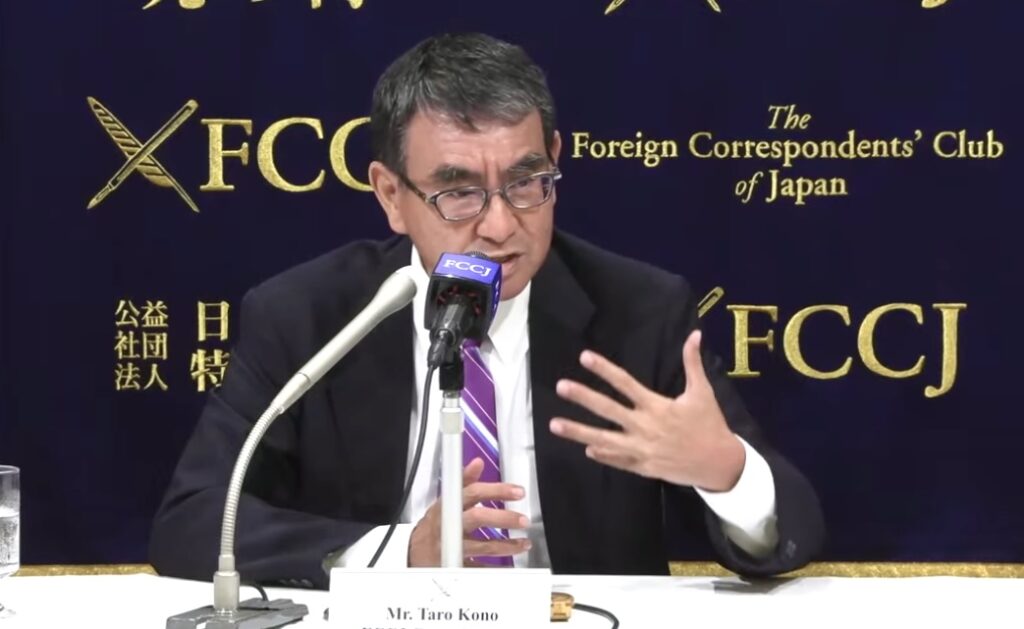RIYADH: Saudi Arabia’s Public Investment Fund will no longer allocate capital to Switzerland’s financial markets, two years after suffering losses from the collapse of Credit Suisse.
During the FII PRIORITY Europe Summit in Albania, PIF Gov. Yasir Al-Rumayyan said that the decision was driven by the manner in which Swiss regulators handled the 2023 government-backed rescue of Credit Suisse by UBS Group, reported Bloomberg.
The abrupt deal was executed without shareholders’ approval, impacting investors across the Middle East.
PIF, one of the world’s largest sovereign wealth funds, is reassessing its investment strategy amid growing concerns over regulatory stability and investor protection. The fund’s decision to halt investments in Switzerland’s financial markets marks a significant shift in its approach, underscoring the long-term impact of the 2023 Credit Suisse collapse on regional and institutional investor confidence.
PIF also continues to expand its footprint across Europe, signaling a redirection of capital.
“We’re not going to invest in the financial markets in Switzerland. If you change something overnight and wipe out all of your investors, this is a big red flag,” Al-Rumayyan said, as reported by Bloomberg.
The remarks were made during an on-stage discussion with Noel Quinn, newly appointed chairman of Zurich-based Julius Baer Group Ltd.
Quinn responded: “As the chairman of a Swiss bank as of 10 days ago, that concerns me.”
The 2023 acquisition of Credit Suisse was finalized rapidly following a sharp decline in its stock price.
The plunge became worse after the former chairman of the Saudi National Bank, Ammar Al-Khudairy, said the bank would “absolutely not” be open to further investments in Credit Suisse.
“The deal didn’t receive approval from either Credit Suisse or UBS shareholders as regulators and lawmakers rushed to contain a crisis of confidence that was spreading across global markets,” according to Bloomberg.
At the time, shareholders from the Middle East, including SNB and the Qatar Investment Authority, collectively held around 20 percent of Credit Suisse.
SNB, which was the largest shareholder in the Swiss lender, had called on Credit Suisse to reject the offer from UBS, Bloomberg reported.
Other investors had cautioned that the Swiss government’s decision to override standard merger procedures and sideline shareholder votes could deter institutional investors.
Legal analysts also warned that the rushed nature of the transaction had undermined Switzerland’s standing as a reliable investment destination where the rule of law is safeguarded.
Al-Rumayyan’s remarks came as PIF announced plans to open a subsidiary office in Paris and committed to doubling its investments in Europe to $170 billion by the beginning of the next decade.
The fund has already deployed approximately $85 billion across the region between 2017 and 2024, making strategic investments in key European economies, including the UK, France, and Italy.




















